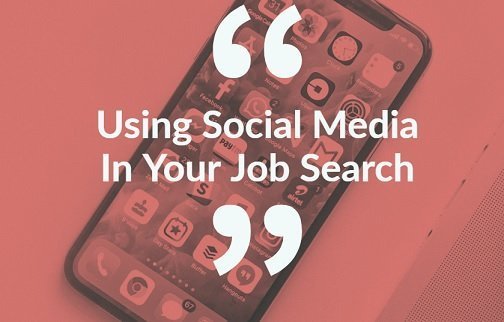If you have been offered an interview as a Banking Customer Service Adviser then you will come from a strong customer service background and ideally within a finance background. As a Banking customer service adviser you will be responsible for providing advice to customers on different products and services that the bank provides knowing specific rates and terms and being able to explain these details in plain English so that the customer is clear. This advice can be done on a face to face basis within a branch or over the telephone from a call centre environment.
Related: Money Adviser Interview
Your interviewer will want to assess how good your customer service skills are and to find out what service and advice you have provided to customers before and how that went?
Banking Customer Service Adviser Interview Questions
You could be asked questions such as during your interview:
What makes a good customer service adviser?Where did you learn good customer service skills from?Is the customer always right?Name 5 products or services that we sell at this bank?How do you think this bank compares to others in the UK?What advice have you provided in the past?What has been your worst customer service question?How do you feel that you really helped a customer – provide an example?You will need to be able to demonstrate how effective your communication skills are and show your future employers how you will communicate with the customers and how you will spend the majority of your day on the phone taking call after call successfully.
Why do you want to work with us?What makes you better candidate than others?Tell me about yourself.What motivates you?What is your weakness?What are your strengths?If you were to give someone bad news how would you do it?Describe a situation where you brought about changeDescribe a time when you have failedTell me about a time when you have had to make a difficult decisionDescribe a time where you had to work as part of a team Please give us an example of when you have had to be accurate in your work.Whether you are working in a call centre or branch environment you will need to look professional and dress smartly to portray the banking image. You will need to be able to learn new information quickly so that you can help and explain this to your callers.
Good luck.

















